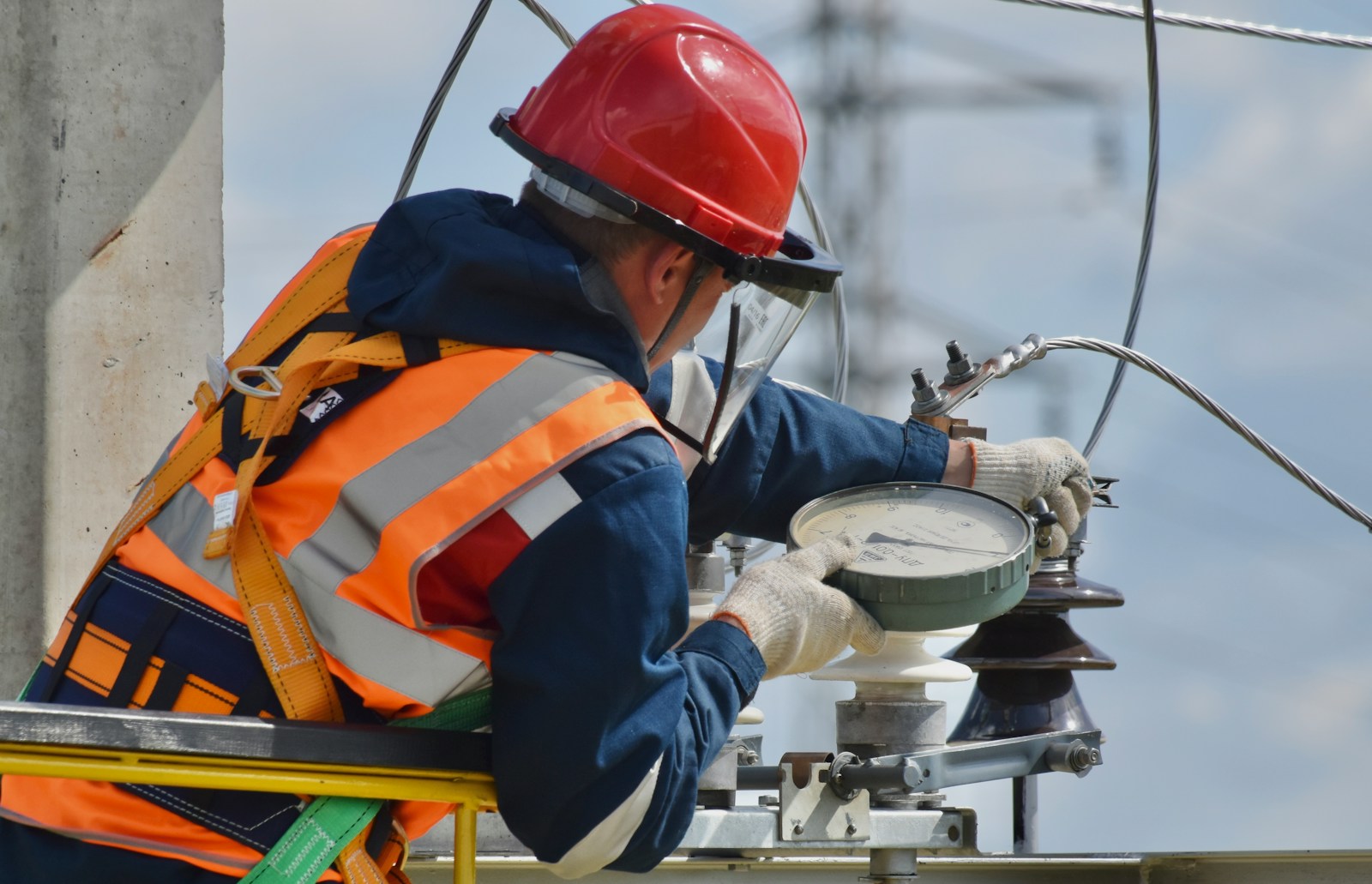Air conditioners are designed to provide cool, comfortable environments by regulating indoor temperatures. However, when an air conditioning unit starts freezing up, it can disrupt its function and lead to discomfort. A frozen air conditioner may seem unusual at first, but it’s a common issue that can stem from several different causes. In this essay, we will explore the various reasons why your AC might be freezing up, the potential consequences of this issue, and what can be done to prevent or resolve it. You may want to consider getting an AC repair in Syracuse, Utah.
1. Low Refrigerant Levels
One of the most common causes of an AC freezing up is low refrigerant levels. Refrigerant is the substance responsible for absorbing and releasing heat in the AC system. When there’s a shortage of refrigerant, the system cannot effectively absorb heat from the air, which causes the evaporator coils to become too cold. This can lead to ice buildup on the coils, freezing the system.
Low refrigerant levels are often a sign of a leak within the AC system. If this is the case, simply refilling the refrigerant won’t solve the underlying problem, as the leak must first be located and repaired. Ignoring low refrigerant levels can lead to further damage to the compressor and other components.
2. Dirty Air Filters
Air filters are essential for trapping dust, dirt, and debris before they enter the AC system. Over time, air filters can become clogged with these particles, restricting airflow through the system. When airflow is restricted, the evaporator coils don’t receive enough warm air to prevent freezing. This leads to a buildup of ice on the coils, which impairs the AC’s ability to cool the air.
Replacing or cleaning dirty air filters regularly is an easy and cost-effective way to prevent the issue of freezing. If the filters are neglected, however, the system will struggle to operate efficiently, and freezing is a likely result.
3. Poor Airflow
In addition to dirty filters, poor airflow can be caused by a variety of factors, including blocked vents, closed dampers, or issues with the blower fan. The evaporator coils depend on a consistent flow of warm air to keep them from freezing. When airflow is obstructed, the temperature of the coils can drop too low, causing condensation to freeze into ice.
Ensuring that all vents and registers are clear and open, and that the blower fan is functioning properly, is crucial for maintaining good airflow. In some cases, the blower fan motor may need to be repaired or replaced if it is malfunctioning.
4. Thermostat Issues
The thermostat is the control center for your air conditioner, and if it is malfunctioning, it may not properly regulate the temperature or signal the system to turn off when it reaches the desired cooling level. A thermostat that is too cold, miscalibrated, or located in a spot where it receives inaccurate temperature readings can cause the AC to continue running and freeze up.
If you suspect that the thermostat is the problem, it’s essential to either recalibrate it or replace it with a new one. In some cases, recalibration or repair may be enough to resolve the freezing issue.
5. Blocked or Leaky Drain Line
The condensate drain line is responsible for removing excess moisture produced by the AC’s cooling process. If the drain line is blocked or leaking, water can build up in the system and cause it to freeze. This is especially true if there is standing water near the evaporator coils. The accumulation of moisture can freeze, leading to a frozen air conditioner.
Maintaining a clean and clear drain line is critical for proper AC function. Regularly checking and clearing the drain line can help prevent issues like water buildup and subsequent freezing.
6. Incorrect Sizing of the AC Unit
Sometimes, the cause of an AC freezing up is not an issue with the components or airflow but with the unit’s size relative to the space it’s cooling. An air conditioner that is too large for the room may cool the space too quickly, preventing the system from maintaining a consistent operating temperature. This rapid cooling can cause the evaporator coils to freeze. Conversely, an air conditioner that is too small for the space may struggle to keep up with demand and create conditions conducive to freezing.
Choosing the right-sized AC unit for your space is essential to avoid strain on the system and ensure efficient operation. Consulting with an HVAC professional can help you select the appropriate unit.
7. External Environmental Factors
Environmental factors, such as extremely low outdoor temperatures, can also contribute to freezing in air conditioners, especially in units that are used for both cooling and heating (such as heat pump systems). If the outdoor temperature is too low, the system might struggle to regulate internal temperatures, leading to freezing on the coils.
In areas with colder climates, it’s important to ensure that the AC unit is properly insulated or shielded from external elements during the colder months. For heat pumps, additional mechanisms such as defrost cycles can help prevent freezing.
A frozen air conditioner is a common but solvable issue that can stem from a variety of causes, including low refrigerant levels, dirty filters, poor airflow, thermostat issues, clogged drain lines, incorrect unit sizing, or environmental factors. Regular maintenance, such as replacing filters, ensuring proper airflow, and scheduling professional inspections, can help prevent the system from freezing. If the issue persists, it may be necessary to consult with an HVAC technician to diagnose and repair the problem before it leads to more serious damage. By addressing the root causes of freezing, homeowners can ensure their air conditioners continue to operate effectively and efficiently, providing reliable cooling when needed most.



